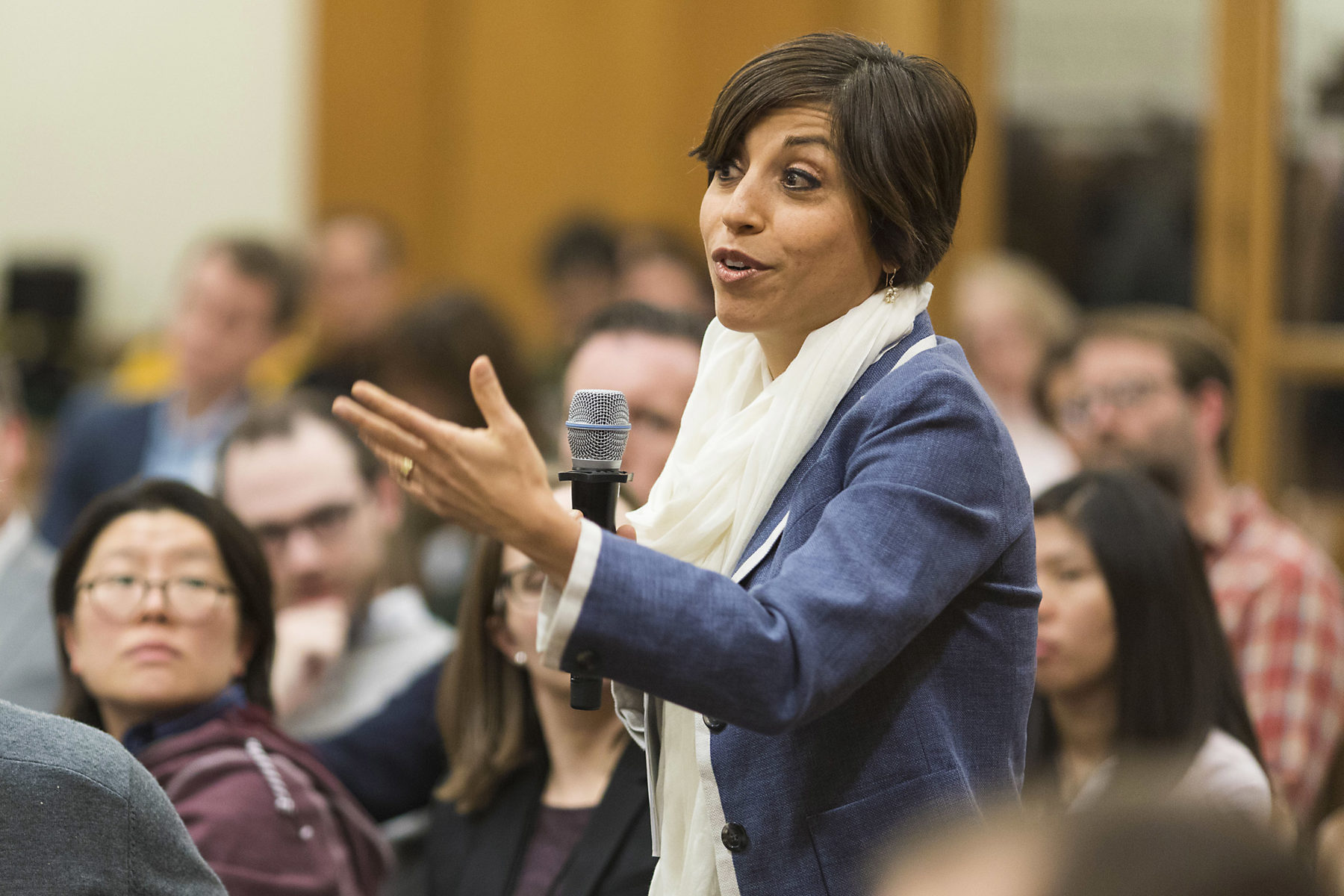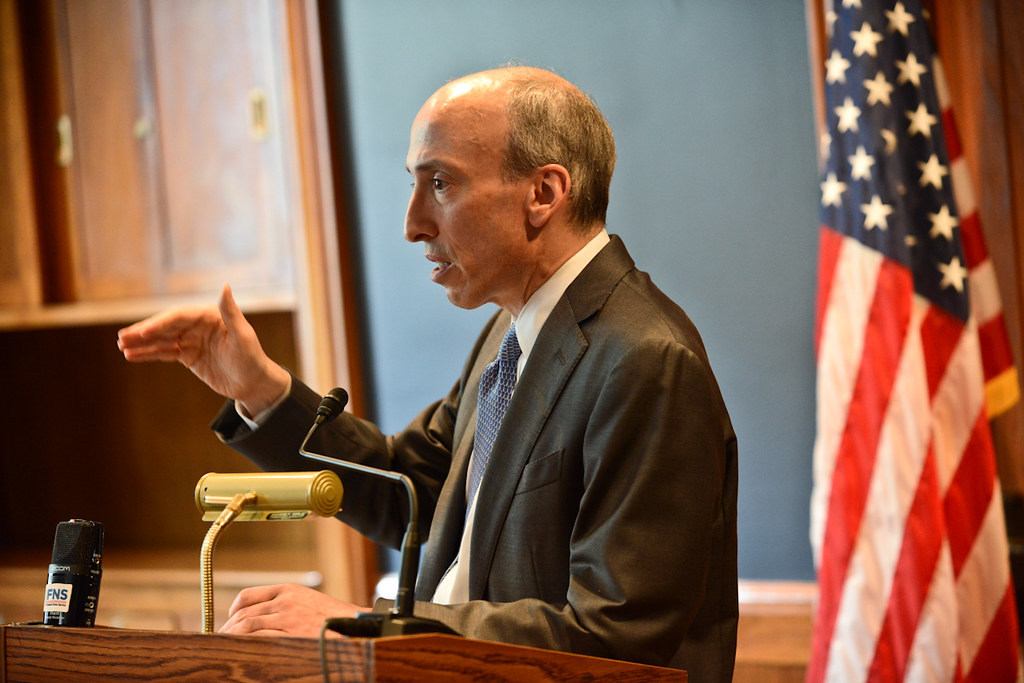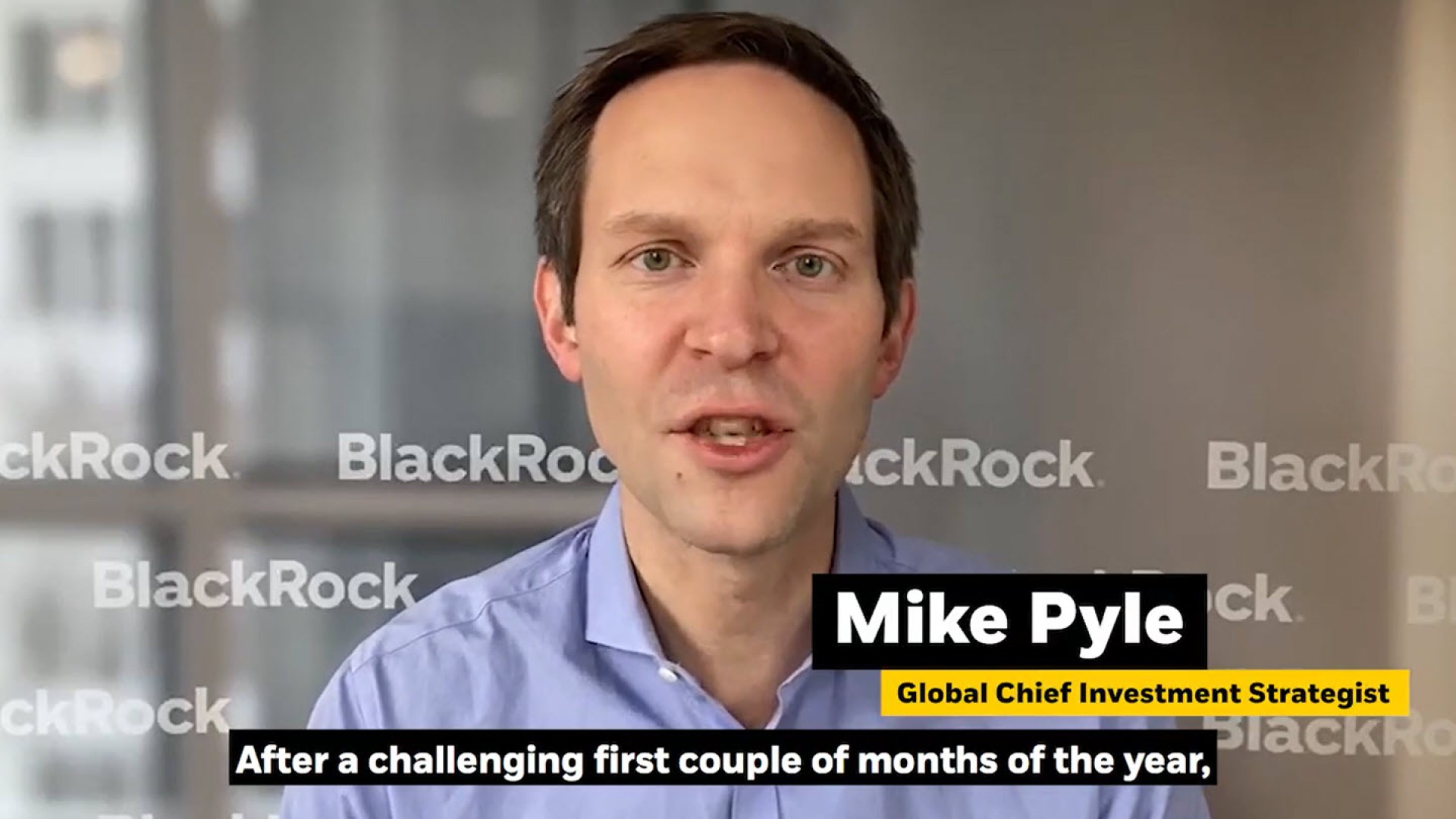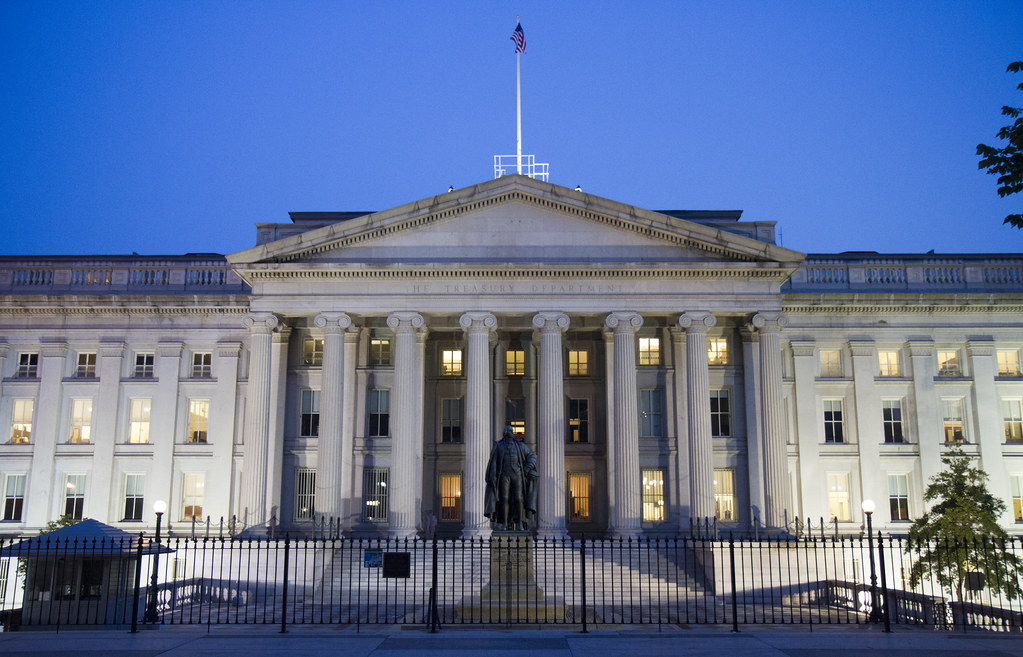
January 22, 2021
Potential Comptroller of the Currency Mehrsa Baradaran’s Background
Baradaran seems committed to challenging the status quo of our financial system that sidelines poor and marginalized communities. The OCC has long been part of a banking system that reinforces racial injustice rather than addresses it — and that remained largely true even after Dodd-Frank was passed and implemented by Obama’s regulatory team. Voices like Baradaran’s are valuable in reconsidering financial regulation and helping raise the bar for who is and who is not an adequately zealous regulator.

January 21, 2021
Why the Comptroller of the Currency Must Be a Climate Leader
The OCC could also update the Comptroller’s Handbook to guide bank examiners to measure climate risk in their assessments, which would force banks to measure climate risk in their own internal stress tests. This would also push banks to make environmentally sound decisions, because they would be recontextualized as financially savvy decisions.

January 12, 2021
Gary Gensler Would Lead An Un-Captured SEC To New Climate Regs
Gensler’s first order of business at the SEC will be to reverse Trump’s deregulatory agenda and rebuild the agency’s capacity to police American stock-trading. But this should only be a starting point: SEC activity was insufficient even under Obama, and issues linked to the financial system, from climate change to inequality, have worsened in the four intervening years.

January 11, 2021 | Sludge
BlackRock Alum Who Developed Neoliberal Policies for Obama Will Be Harris’ Chief Economist
Michael Pyle, Vice President Harris’ incoming chief economist, is the latest member of BlackRock’s “shadow government” to be hired by the Biden-Harris administration. His record working for austerity advocate Peter Orzsag and TPP-proponent Lael Brainard should be a major red flag.

January 05, 2021
Blog Post 2020 Election/TransitionCabinetExecutive BranchFinancial RegulationRevolving DoorRight-Wing MediaTech
Biden Should Beware The Right-Wing's Revolving Door Attacks
Fresh off defending Donald Trump’s historic corruption, conservatives have begun attacking President-elect Biden for his nominees’ ties to Big Tech, Wall Street, and corporate lobbying. While these attacks are transparently hypocritical, they are not without factual substance and could prove to be a major political liability for Democrats unless they commit to adopting much-needed ethics reforms.

December 15, 2020
Exposing Big Oil's Payoffs To Corrupt World Leaders Falls To...The SEC?
Environmentalists and foreign policy activists shouldn’t overlook appointments to agencies outside of their usual portfolios.
November 23, 2020
What A Bold Treasury Secretary Could Do
President-Elect Joe Biden’s choice to name Janet Yellen as his Treasury Secretary represents a tremendous opportunity to take executive action on the issues most pressing to all Americans. Here are just some meaningful actions the next Treasury Secretary could take without having to go through Congress.
November 23, 2020
JANET YELLEN: What You Need to Know
Janet Yellen has had a long and distinguished career in the academy and in public service. Like anyone with such a lengthy career, there have been misses along the way. And RDP and other progressives will be sure to speak out in the future should any of them resurface. But Yellen’s commitment to fighting unemployment and the conventional wisdom has been the through line of her career. The differences between the worldviews of Janet Yellen and Tim Geithner, President Obama’s first Treasury Secretary, could hardly be more stark.
October 22, 2020 | Independent Media Institute
How BlackRock Is On Track To Infiltrate A Biden Administration
The Democratic base, still scarred from the 2016 election, is frantic not to count its chickens before they hatch. But Wall Street and corporate America have no such qualms. As Joe Biden leads in national polls and swing states, the most powerful firms in the country are seeking assurances that his administration won’t crack down on their crimes.

October 14, 2020
Jeff Hauser Timi Iwayemi Miranda Litwak Pete Sikora
Blog Post 2020 Election/TransitionClimateFinancial Regulation
How Biden's Treasury Department Could Fight Climate Change
The fossil fuel industry depends on financial institutions to survive. And banks, for their part, pull in big profits from underwriting climate disaster. That’s why, if Joe Biden wins in November, his pick for Treasury Secretary must be an aggressive advocate for climate action. The Treasury Department has untapped capacity to push financial institutions and insurance companies to take the risks of the climate crisis seriously. While his legislative proposals elicit proper close scrutiny, his choice of Treasury Secretary is arguably among Biden’s most important climate policy decisions.
September 03, 2020 | American Prospect
Mick Mulvaney: A Frustrated Wrecking Ball
It might be a shock to hear that government is “not good” at financial deregulation, given how it’s seemingly the one thing that’s popular on both sides of the aisle. But Mulvaney’s complaint is instructive; he’s frustrated that the civil servants who actually make the executive branch run happen to care about doing their jobs properly.
August 04, 2020
Revolving Door Project Comments on OCC's Proposed Rulemaking on Digital Activities
As numerous civil rights and racial justice organizations have highlighted, changes to the Office of the Comptroller of the Currency’s (OCC) regulations on digital activities are likely to have far-reaching consequences as it regards economic and racial equity. Specifically, these changes risk leading to disparate impact, “digital redlining, “predatory inclusion,” and enhanced surveillance. Given the seriousness of this rulemaking’s potential consequences, the OCC should do all that it can to ensure that the public has the utmost confidence in the integrity of the rulemaking process. Sadly, in allowing that process to move forward under the leadership of an acting official with severe conflicts of interest, the Office is rendering public trust in it impossible.
June 04, 2020
A Brief Introduction to Your New Comptroller of the Currency
Last month, Comptroller of the Currency Joseph Otting, announced that he would be stepping down from his post effective May 29. The former First Deputy Comptroller of the Currency, Brian Brooks, has taken his place in an acting capacity. Although he is now one of the country’s top banking regulators, Brooks – who only joined the Office of the Comptroller of the Currency (OCC) – remains a relatively unknown figure. Here is what we know (and more troublingly, what we don’t know) about the new acting Comptroller.
April 15, 2020
Freshman Legislators Advance a Courageous Plan to Address Economic Fragility
This crisis has shattered any illusions that our post-financial crisis framework is resilient enough to withstand the challenges of the future. Coronavirus has, in particular, uncovered one of our most fundamental, persistent weaknesses: our continued inability to anticipate and prepare for new financial risks. For this ill-preparedness, we have powerful actors like BlackRock, the asset management giant and political titan, to thank. In an effort to avoid more stringent regulation, BlackRock and others not only evaded scrutiny for their own contributions to systemic risk, but virtually destroyed the mechanisms designed to examine such risk across the wider economy.
March 09, 2020
Maxine Waters Highlights Wells Fargo’s Trump Administration Accomplices
The way our financial regulatory system is constructed means that true accountability for Wells Fargo cannot ultimately flow from the committee hall. Instead, it must come from the cabinet departments and federal agencies which hold the power to prosecute, fine, and regulate our big banks.
